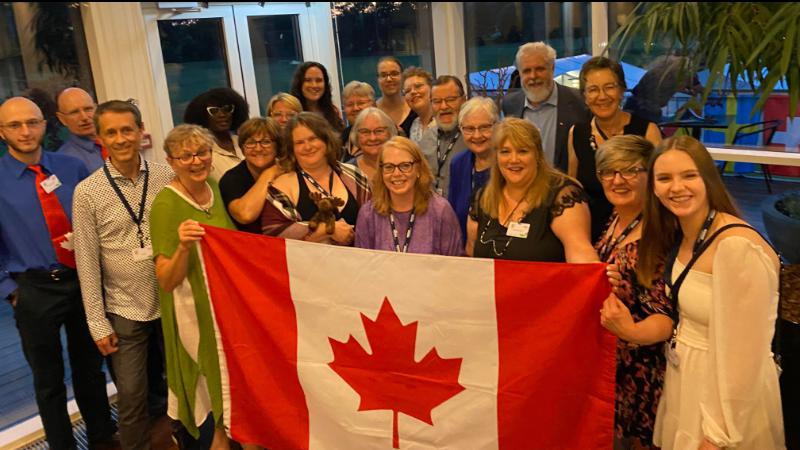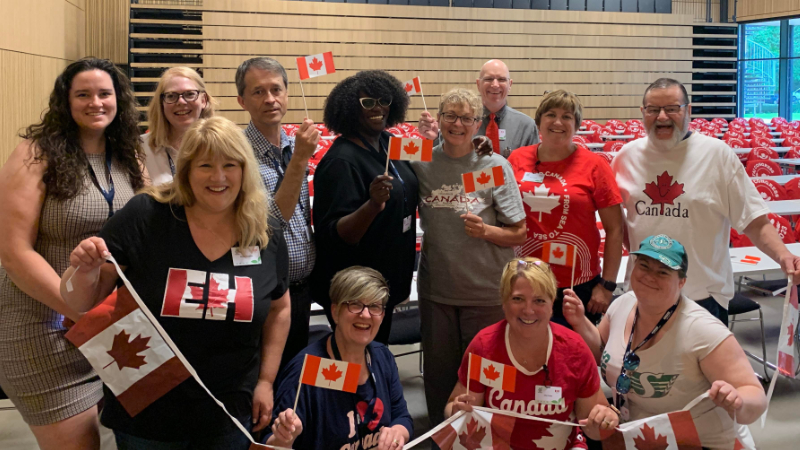
Canadian farm writers prepare to welcome the world to Alberta
Canadian agriculture journalists descended on Denmark last month for the International Federation of Agriculture Journalists (IFAJ) congress.
Together with representatives from over 50 other countries, journalists and communication professionals discussed sustainability and climate goals in the realms of food production, environmental conservation, and industry growth around the world.
IFAJ represents agriculture communicators from over 50 countries, with the addition of four new national guild members this past congress.
Now they will descend on Canada next year with the upcoming IFAJ Congress in Olds, Alta. for 2023.



